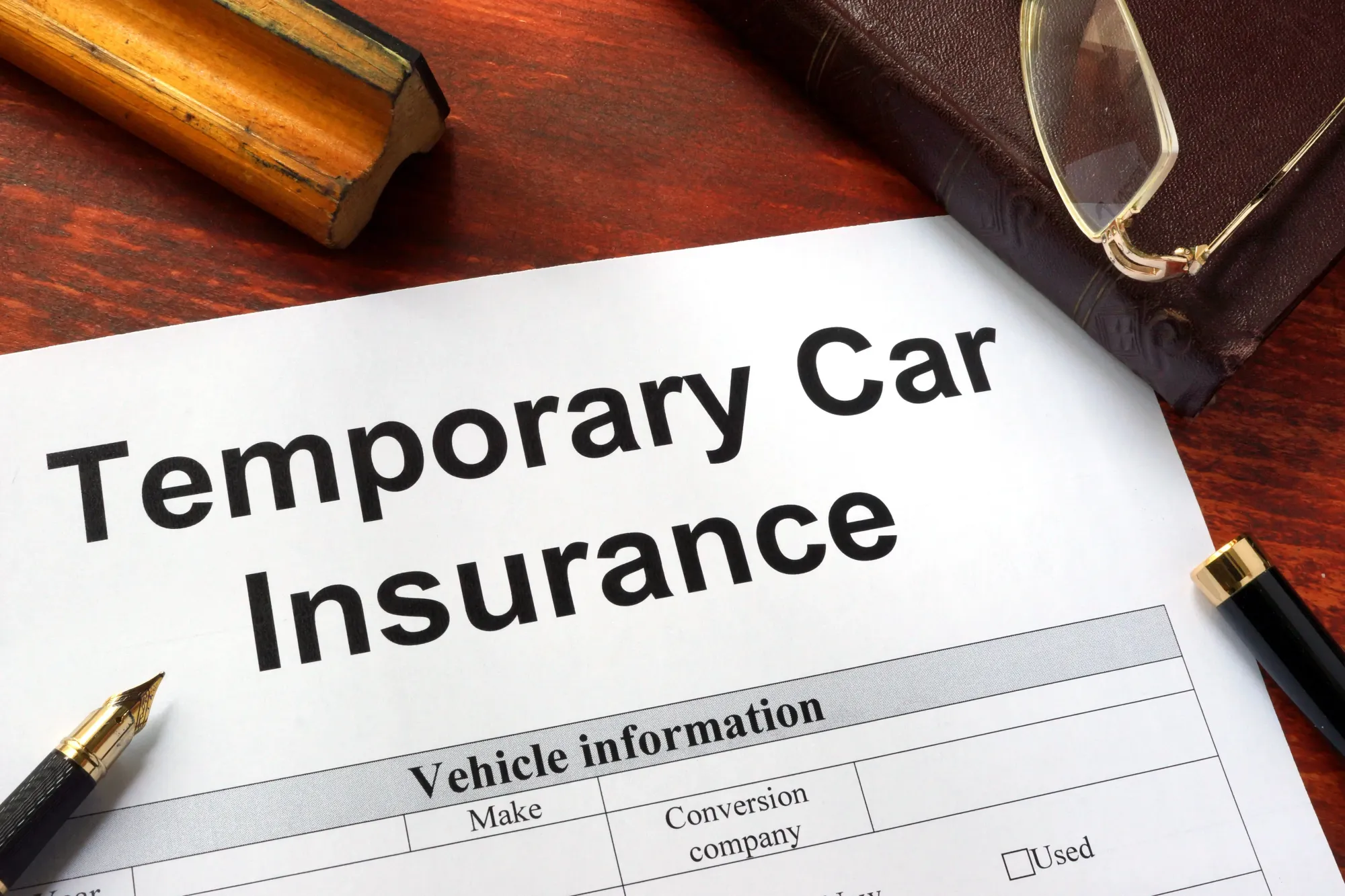In many situations, taking out temporary car insurance can be the ideal solution compared to traditional long-term policies. This type of insurance, also known as daily insurance, is designed to cover vehicles for a specific, limited period, which can range from a single day to a maximum of 90 days, depending on the insurer.
But when is it really necessary to take out this type of insurance?
Some of the most common cases are:
- When you are going to sell or buy a vehicle and need to drive it legally for a short period.
- To move a vehicle that has been deregistered or is uninsured.
- If you are going on a specific trip with a car that you do not normally use.
- To insure imported vehicles until you obtain the final documentation.
- For driving tests or occasional transfers.
It is a useful, quick and legal alternative to comply with the obligation to have civil liability insurance, even if it is for a limited time.
How does it work?
Temporary insurance works in a similar way to a traditional policy, with the main difference being that its duration is limited in time.
Once taken out, the vehicle is insured for the exact period contracted (e.g. 1, 7, 15 or 30 days), and covers at least the compulsory civil liability for driving on public roads, which is the minimum legal requirement in the UK.
Some policies also offer additional coverage such as:
- Roadside assistance
- Legal defence
- Driver accidents
- Theft or fire (in more comprehensive insurance policies)
Once the contracted period has ended, the insurance automatically expires, without the need for cancellation.
Even so, we recommend reading the insurance conditions before taking it out to ensure there are no surprises.
How to obtain temporary insurance for your car
Taking out insurance by the day is a fairly straightforward process. It can usually be done online or by telephone through insurers specialising in this type of product.
The documents that are usually requested are:
- Driver's ID card or foreign resident ID card
- Vehicle registration certificate
- Technical specifications or MOT certificate (valid)
- In some cases, the receipt for the last insurance policy if the vehicle was recently insured
After providing the documentation and making the payment, in a few minutes you will receive the policy by email and the car will be legally insured for the contracted period.
When importing, exporting or registering a vehicle, you must also provide the Certificate of Conformity (COC).
How much does temporary insurance cost for a vehicle?
The price of temporary insurance depends on several factors:
- Number of days you wish to insure
- Type of vehicle (car, motorbike, van, lorry, etc.)
- Age and experience of the driver
- Coverage included
In general, prices usually start at £15 to £25 for a single day and increase proportionally according to the number of days. A 7-day insurance policy can cost between £40 and £100, and a 30-day policy can cost between £100 and £250, depending on the company and the coverage.
Can it be used to insure a trailer?
Yes, some temporary insurance policies also allow you to insure trailers, caravans or light trailers, but not all insurers offer this. It is important to confirm that the policy includes this type of vehicle and that you comply with the legal requirements (such as the maximum authorized weight or being registered, if applicable).
In this case, you must also provide specific documentation for the trailer.
Can it be used to import a vehicle?
Temporary insurance is very useful when importing vehicles. When you bring a car from abroad, or vice versa, it may not yet have a permanent registration number. In the meantime, you can take out temporary insurance to drive legally while the registration is being completed.
However, it is important to make an important distinction here:
Green plates (also known as temporary plates) are issued by the DGT and are used to temporarily identify a vehicle that is not yet officially registered in Spain. These number plates are intended for cases such as imports, transfers or vehicles in the process of being registered.
On the other hand, temporary insurance only covers the legal insurance aspect of the vehicle (civil liability) and is independent of the number plate it has. Therefore, if your vehicle does not yet have a definitive Spanish number plate, you will need both: the green number plate and insurance to cover it.
Conclusion
If you are in the process of selling, importing or simply need to move a car for a few days, temporary insurance can be a very practical and economical tool. However, make sure you comply with all legal requirements and do not confuse it with other administrative elements such as temporary number plates.
